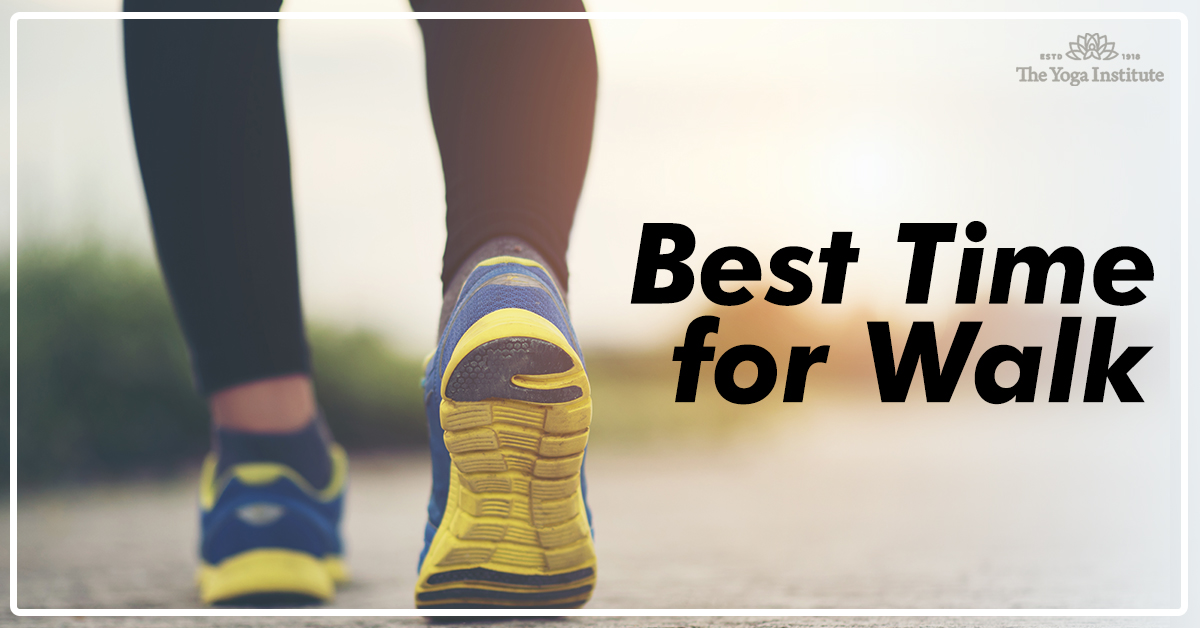Walking: A Simple Yet Powerful Activity

Walking, a common form of terrestrial locomotion, is a great way to improve or maintain overall health. It's a low-impact, accessible activity with numerous physical and mental benefits. Walking can improve cardiovascular fitness, strengthen bones, reduce excess body fat, and boost muscle power and endurance. It also lowers the risk of conditions like heart disease, type 2 diabetes, osteoporosis, and some cancers. Walking is one of the simplest, most natural, and most beneficial forms of physical activity. It requires no special equipment, can be done almost anywhere, and is suitable for people of all ages. Although it may seem like just a routine daily action, walking has profound effects on both physical and mental well-being when practiced regularly and mindfully.
Health Benefits of Walking: Cardiovascular Health: Walking, especially at a brisk pace, is a great aerobic exercise that can improve heart health by lowering blood pressure, reducing LDL cholesterol, and increasing HDL cholesterol. It can also help regulate blood sugar levels and reduce the risk of heart disease, stroke, and diabetes.
Weight Management: Walking can help with weight loss and maintenance by burning calories and boosting metabolism. Brisk walking is particularly effective at burning fat. Mental Health: Walking can improve mood, reduce stress and anxiety, and enhance cognitive function. It can also improve sleep quality. Bone Health: Walking is a weight-bearing exercise that can strengthen bones and reduce the risk of osteoporosis.
Physical Benefits of Walking: Walking is a low-impact aerobic exercise that strengthens the heart, improves circulation, and supports lung function. A daily brisk walk helps regulate blood pressure, reduces the risk of cardiovascular diseases, and assists in maintaining healthy cholesterol levels. It also plays a major role in controlling body weight, as it helps burn calories while being gentle on the joints compared to more intense forms of exercise like running or high-impact aerobics. For individuals who cannot engage in strenuous exercise due to health reasons, walking provides an effective alternative to stay active.
Regular walking also strengthens bones and muscles, improves balance and posture, and reduces the risk of conditions such as osteoporosis and arthritis. Studies show that walking for just 30 minutes a day can significantly improve fitness levels, boost immunity, and enhance energy throughout the day.
Mental and Emotional Benefits: Walking is not only a physical activity; it also promotes mental well-being. Taking a walk, especially outdoors in natural surroundings, reduces stress, anxiety, and symptoms of depression. The rhythmic movement of walking, combined with fresh air and exposure to sunlight, helps release endorphins—often called the “feel-good” hormones.
Walking can also stimulate creativity and problem-solving. Many people find that taking a walk helps clear their mind, refresh their thoughts, and provide new perspectives. This makes it a useful habit for students, professionals, and anyone who needs mental clarity.
Social and Lifestyle Benefits
Walking can be done alone as a form of meditation or with others as a way to bond. Walking with family, friends, or pets creates opportunities for social interaction, which is essential for emotional health. Communities that promote walking-friendly environments often see improved social ties, reduced pollution, and healthier lifestyles overall.
It is also one of the most sustainable activities, contributing to environmental well-being. Choosing to walk instead of driving for short distances reduces carbon emissions and helps in creating cleaner, greener neighborhoods.
Tips for Effective Walking
Consistency is Key – Aim for at least 30 minutes of brisk walking five days a week.
Posture Matters – Keep your back straight, shoulders relaxed, and swing your arms naturally.
Footwear – Wear comfortable, supportive shoes to avoid strain or injury.
Hydration – Drink water before and after walking, especially in hot weather.
Variety – Try different routes, parks, or walking with music to keep the routine engaging.
Conclusion: Walking may appear simple, but its impact on health, mind, and environment is truly powerful. Whether it’s a short stroll after meals, a brisk morning walk, or an evening walk with loved ones, this activity brings lifelong benefits. By making walking a regular part of daily life, one not only improves personal health but also contributes to a healthier, happier society.